Physics for Engineers - RKXFI1EBNF
Academic year/semester: 2024/25/2
ECTS Credits: 4
Available for: All OU students
Lecture hours: 2
Seminarium:-
Practice: 2
Laboratory: 0
Consultation: -
Prerequisites: None
Course Leader: Sándor Pekker, Dr
Faculty: Rejtő Sándor Faculty of Light Industry and Environmental Engineering, 1034 Budapest, Doberdó utca 6.
Course Description:
The following topics will be covered in the course: the propagation and speed of light.
Fundamentals of physical optics. Interference and diffraction phenomena. Principles of light
scattering. Optical fibres. Lens exchange systems, imaging errors. Imaging of optical devices.
Temperature. Thermal expansion of solids, liquids and gases. Basic thermodynamic concepts.
Principles of thermodynamics. Fundamentals of statistical physics. Phase transitions. Irreversible
thermodynamic processes. Electrostatics. Current conduction, direct currents. Basic magnetic
phenomena. The magnetic field. Forces in magnetic field. Magnetic properties of materials. Law
of excitation. Mechanisms of conduction. Electromagnetic induction. Electromagnetic waves.
Theory of relativity. Thermal radiation. The photoelectric phenomenon. Photons. Fundamentals of
quantum mechanics. Basics of quantum electronics, lasers. Basic properties of nuclei, models of
nuclei.
The following topics are presented in the Fundamentals of Science subject: Newtonian mechanics,
such as Description of motions, reference frame. Newton\'s laws. Laws of force and the equation of
motion. The work theorem. Periodic motion. The law of angular momentum. The gravitational
force field. Description of motions in an accelerating coordinate system. Basics of mechanics of
point systems. Plane motion of a rigid body. Spinning motion. Elastic deformations. Mechanics of
quiescent liquids and gases. Molecular forces in fluids. Flow of liquids. Wave theory
Competences:
Knowledge of general and specific mathematical, natural and social scientific principles, rules, relations, and procedures as required to pursue activities in the special field of environment protection. − Able to participate creatively in engineering work based on their multidisciplinary skills, as well as to adapt to continuously changing circumstances. − Open to professional cooperation with specialists related to their profession but involved in other areas. − Efforts to improve knowledge by on-going self-education and continuously update their knowledge of the world.
Topics:
Week 1
Lecture: Sound waves. Speed of sound. Sound propagation. Sound levels. Doppler effect and sonic boom in sound (air).
Week 2
Lecture: Determination of speed of sound and SPL (in dB). Solution of thermodynamics problems. Linear and volume expansion. Use of ideal gas law. Application of the first law of thermodynamics.
Week 3
Lecture: Thermodynamics. Absolute temperature scale. Thermal expansion of solids and liquids. Phase change. Heat and latent heat. State equation of ideal gases. Internal energy, work done by gas. First law of thermodynamics. Special processes.
Week 4
Lecture: Problem solving for heat propagation, and heat engines.
Week 5
Lecture: Heat propagation. Thermal conduction. Heat engines. Carnot cycle in p-V plane.
Week 6
Lecture: Problems for Electricity, and Coulomb’s law. Substance of Lorentz force.
Week 7
Lecture: Electricity. Electric fields. Coulomb’s law. Motion of charged particles in a uniform electric field. Electric potential. Application of electrostatics. Capacitors. Combinations of capacitors.
Week 8
Lecture: Problems for DC, and AC. What is the relationship between AC circuit powers.
Week 9
Lecture: Direct current (DC) circuits. Electric current and resistance. Kirchhoff’s laws (junction and loop rule). RC circuit.
Week 10
Lecture: Problems for atomic physics, binding energy, and natural radioactivity.
Week 11
Lecture: Magnetism. Magnetic fields. Magnetic (Lorentz) force. Motion of a charged particle in a uniform magnetic field. Magnetic force between two parallel conductors. Faraday’s law of induction. Transformer. Alternating Current (AC) circuits. AC circuit powers.
Week 12
Lecture: Written test 1, and its solution.
Week 13
Lecture: Modern physics. Mass and energy. The photoelectric effect. Atomic physics. Size and density of the nuclei. Nuclear fission. Binding energy. Natural radioactivity. Atomic power station in Paks. Safety and waste disposal.
Week 14
Lecture: Replacement (supplementary) written test, and its solution.
Assessment: Participation in occupations: It is compulsory to attend the lectures. The rules of education and exam directory (TVSZ) are the guidelines. Midterms, protocols, reports, etc.: Written test 1 on the week 13. Replacement (supplementary) written test on the week 14. The method of obtaining a signature / mid-term mark: One written test. Total points: 100, if the score is > 40 points (successful) → signature. If the student has not met the requirements of obtaining the term mark (e.g. has not written or failed the in-class test, has not submitted the measurement report, etc.), he/she must be given one opportunity to make up for the term mark in the study period. If the student is still unable to obtain the term mark through this opportunity and the requirements of the course give an opportunity for it, then the student can make an attempt to obtain the term mark on one occasion on one of the first ten work days of the examination period against a fee specified in the “Regulations of ÓU on possible benefits for students and on fees and charges payable by them” (hereinafter RBF).
Exam Types:
Written Exam
Compulsory bibliography: 1. Serway Jewett: Physics for Scientist and Engineers 2. Bueche, F., Hecht, E.: Schaum’s Outline of College Physics, 11th edition, McGraw-Hill Education, 2011. 3. Feynman R., Leighton, R.B. and Sands M.: The Feynman Lectures on Physics. Volumes I-III. Revised and extended edition, Addison-Wesley, 2005. 4. Shankar, R.: Fundamentals of Physics: Mechanics, Relativity, and Thermodynamics. Yale University Press, 2014. 5. Shankar, R.: Fundamentals of Physics II: Electromagnetism, Optics, and Quantum Mechanics. Yale University Press, 2016. 6. Feynman R., Leighton, R.B. and Sands M.: The Feynman Lectures on Physics. Volumes I., II. Revised and extended edition, Addison-Wesley, 2005. 7. Fleisch, D., Kinnaman, L.: A Student’s Guide to Waves, Cambridge University Press, 2015. 8. Shankar, R.: Fundamentals of Physics: Mechanics, Relativity, and Thermodynamics. Yale University Press, 2014.
Recommended bibliography: -
Additional bibliography: -
Additional Information: -



